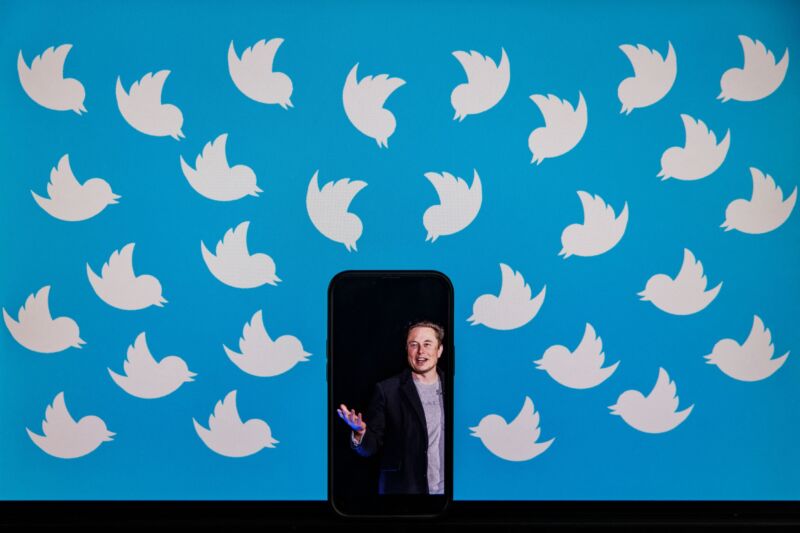Judge slams Musk for withholding text messages, cites “glaring” omissions

Enlarge (credit: Getty Images | Samuel Corum)
Delaware Court of Chancery Judge Kathaleen McCormick yesterday slammed Elon Musk for failing to provide text messages sought by Twitter. McCormick cited "glaring deficiencies" in the Musk side's document production in an order partially granting Twitter's request for more records, writing:
Plaintiff's Fourth Discovery Motion identifies clear deficiencies in Defendants' document production. Third parties produced text messages with Musk that Musk himself did not produce, and Musk's own production of text messages revealed glaring deficiencies. As just one example, Defendants produced two texts sent to Musk from Robert Steel of Parella Weinberg Partners on June 17 at 9:57 a.m. and 10:15 a.m. The 9:57 a.m. text asks a question. The 10:15 a.m. text-stating "Ok. Got it. ..."-implies that Musk responded. Assuming that Musk's response was not telepathic, one would expect some evidence of it in Defendants' document production. But Defendants provided none by the deadline for substantially completing document discovery.
McCormick further wrote that "Musk's approach to answering interrogatories also left much to be desired." After being ordered "to respond to interrogatories that required Defendants to identify persons with knowledge of relevant facts," Musk's side "supplemented their responses on August 26, but they did a bad job of it, identifying only a handful of people about whom Twitter was already aware." Musk later supplemented that by identifying 491 "people with knowledge" but could have provided that information "much earlier," the judge wrote.
"Defendants have now cured many of the deficiencies about which Plaintiff complained in its Fourth Discovery Motion. They accuse Plaintiff of jumping the gun and seeking sanctions prematurely, but I do not see it that way. I can understand why Plaintiff requires relief. Plaintiff has born[e] the bulk of the burden of discovery."